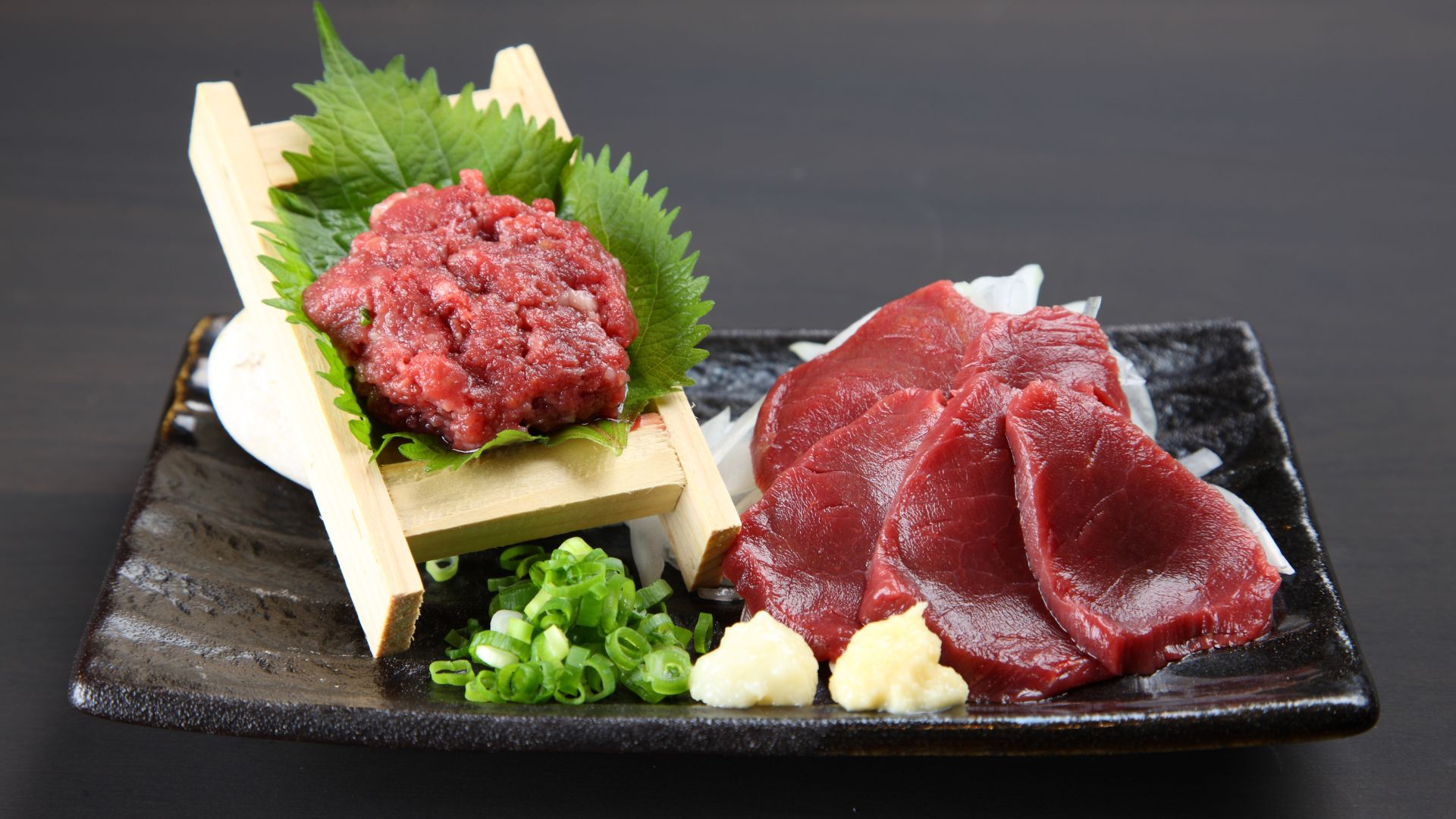Horse meat has long been a controversial topic when it comes to food. Some people consider it a delicacy, while others find the thought of eating it repulsive.
However, regardless of personal opinions, horse meat is consumed in many parts of the world, and it has a number of potential health benefits.
In this article, we will examine the nutritional value of horse meat, provide tips on how to cook it, discuss the ethical and cultural considerations of eating it, and examine its environmental impact.
Benefits of Horse Meat
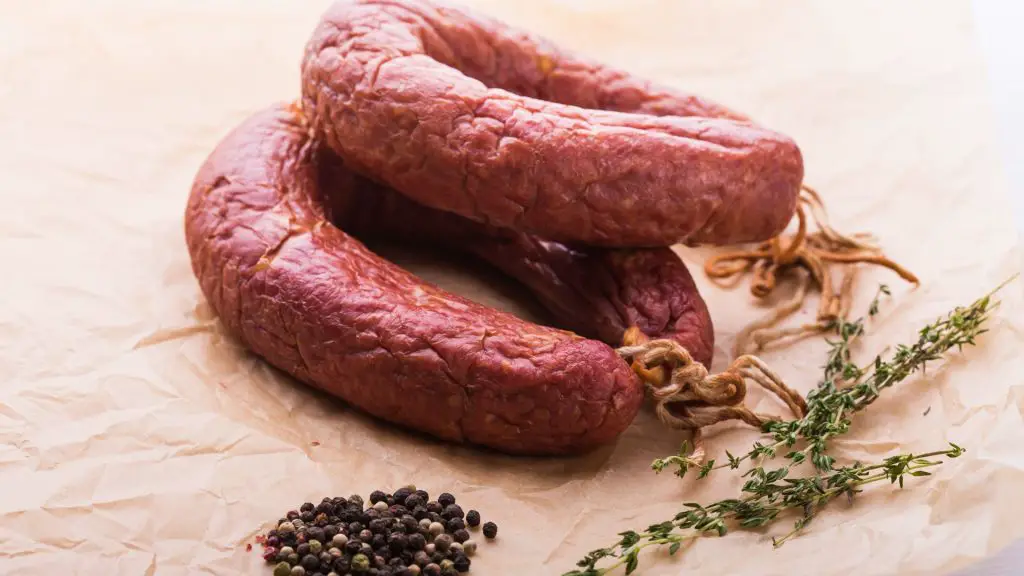
Horse meat has many health benefits; the benefits of horse meat are:
- High in protein: Horse meat is an excellent source of high-quality protein, containing all the essential amino acids that the body needs to function properly.
- Low in fat: Horse meat is generally leaner than other types of meat, making it a good choice for those looking to reduce their fat intake.
- Rich in iron: Horse meat is a good source of iron, an essential mineral that is important for the formation of red blood cells and the transportation of oxygen throughout the body.
- High in vitamin B12: Horse meat is also a good source of vitamin B12, which is important for the nervous system, the production of red blood cells, and the metabolism of food.
- Boosts energy levels: Horse meat contains a range of nutrients, including iron and vitamin B12, that can help to boost energy levels and fight fatigue.
- May aid in weight loss: Because horse meat is lean and high in protein, it can help to keep you feeling full and satisfied, which may aid in weight loss.
It's worth noting that, like all types of meat, horse meat should be consumed in moderation as part of a balanced diet. Additionally, it's important to ensure that any horse meat consumed has been produced in a safe and humane manner.
Horse Meat Disadvantages
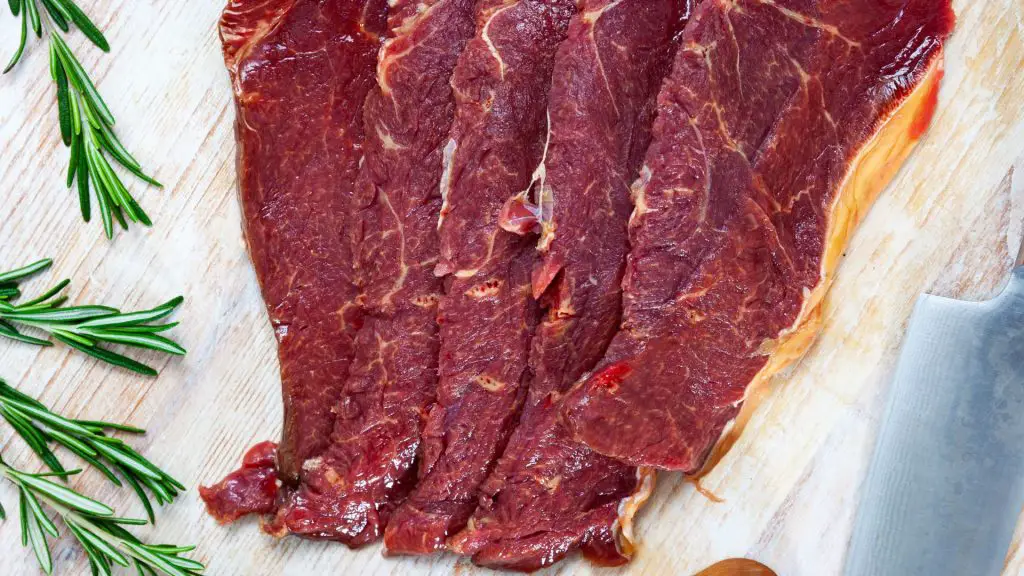
While horse meat has many nutritional benefits, there are also some potential disadvantages to consider. One of the primary concerns is the risk of disease or parasite transmission. Horses are susceptible to a range of diseases and parasites, and if the meat is not properly sourced and prepared, there is a risk of transmitting these illnesses to humans.
Additionally, there are ethical and cultural considerations around the consumption of horse meat. In some regions, the practice of eating horse meat is taboo or considered unacceptable, while in others, it is a common practice. For those who are uncomfortable with the idea of consuming horse meat, it may not be a suitable dietary option.
There is also the issue of the horse meat industry, which has come under scrutiny in recent years due to concerns about animal welfare. In some cases, horses raised for meat production may be subject to inhumane conditions or mistreatment.
Finally, horse meat can be more difficult to find and purchase compared to more traditional meats like beef or chicken. It may not be available at all in some regions, which can make it difficult for those who are interested in trying it.
Overall, while there are some potential disadvantages to consuming horse meat, these concerns can be mitigated by ensuring that the meat is properly sourced and prepared. It is important to approach the consumption of horse meat with an open mind and to make personal decisions based on individual beliefs and preferences.
Cooking Horse Meat

Horse meat can be cooked using a variety of methods, including grilling, roasting, and air frying. When cooking horse meat, it is important to ensure that it is fully cooked and reaches a safe internal temperature to avoid the risk of foodborne illness.
It is also important to season and marinates the meat to enhance its flavor. Common seasonings and marinades for horse meat include garlic, rosemary, and balsamic vinegar.
There are several ways to cook horse meat, including grilling, roasting, sautéing, and even air frying. Here are a few tips for cooking horse meat:
- Grilling: To grill horse meat, season it with your desired spices and cook it over medium-high heat for 6-8 minutes per side or until it reaches an internal temperature of 145°F (63°C).
- Roasting: To roast horse meat, preheat your oven to 375°F (190°C), season the meat with salt and pepper, and roast it for 20-25 minutes per pound, or until it reaches an internal temperature of 145°F (63°C).
- Sautéing: To sauté horse meat, cut it into thin strips and season it with your desired spices. Heat a small amount of oil in a pan over medium-high heat, and cook the horse meat for 2-3 minutes per side or until it is browned and cooked through.
- Air frying: To air fry horse meat, preheat your air fryer to 375°F (190°C), season the meat with salt and pepper, and cook it for 10-12 minutes, or until it reaches an internal temperature of 145°F (63°C).
Ethical Considerations of Eating Horse Meat
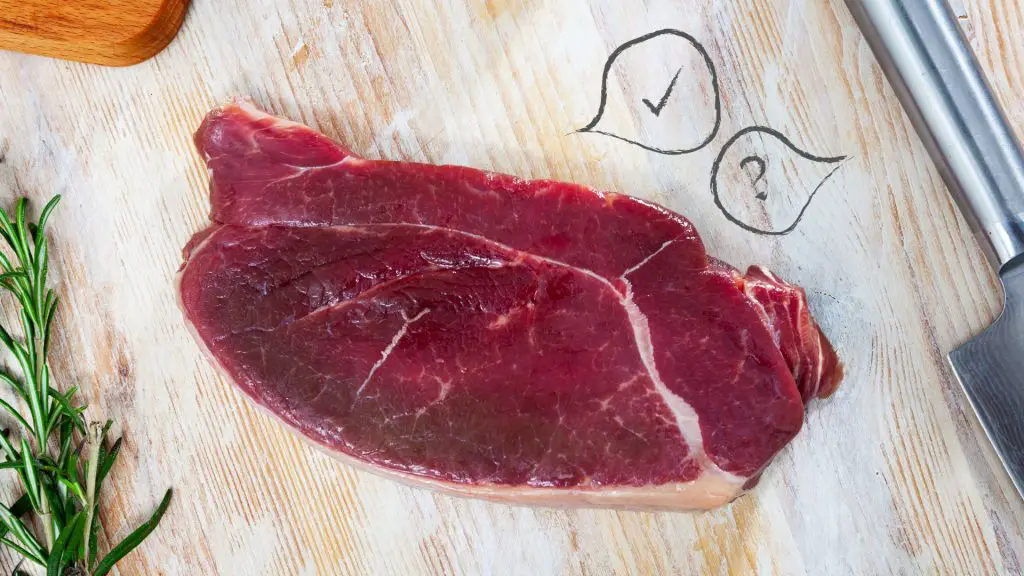
The consumption of horse meat is a culturally and ethically sensitive topic. In some cultures, it is a common and accepted practice, while in others, it is taboo or considered unacceptable. Some people may also have ethical concerns about the treatment of horses used for meat production.
In parts of Europe, horse meat is commonly consumed and considered a delicacy, while in the United States and many other countries, it is not widely available or is considered taboo. The cultural and ethical considerations around the consumption of horse meat are complex and vary widely depending on the region and cultural context.
In countries where horse meat is consumed, there are typically regulations in place to ensure that the animals are raised and slaughtered in a humane manner. However, concerns about the treatment of horses used for meat production have been raised by animal welfare advocates. Some argue that the conditions in which horses are kept and transported to slaughter are inhumane and unethical.
Moreover, there is also a debate about the use of drugs in horses, particularly those used for racing or other athletic activities. Some of these drugs can be harmful to humans if consumed.
Another ethical consideration is the relationship between humans and horses. Horses have been domesticated for thousands of years and have played an important role in human history and culture. For some people, consuming horse meat may be seen as a betrayal of this relationship.
In conclusion, the ethical considerations surrounding the consumption of horse meat are complex and multifaceted. While it is important to consider cultural and ethical factors when discussing the consumption of horse meat, it is also important to ensure that any horse meat consumed is safe and produced in a humane and ethical manner.
Environmental Considerations of Eating Horse Meat
The environmental impact of consuming horse meat is another important consideration. Horse meat production can be more environmentally sustainable than other types of meat, as horses require less feed and water than cattle or pigs.
Horses also produce less methane, a potent greenhouse gas, than cows or sheep. Additionally, because horses are not raised on an industrial scale, there is less use of antibiotics and other chemicals, which can have negative impacts on the environment.
Basically, the environmental impact of consuming horse meat is very little, and there are nearly no disadvantages except for land usage.
Horse Meat Recipes
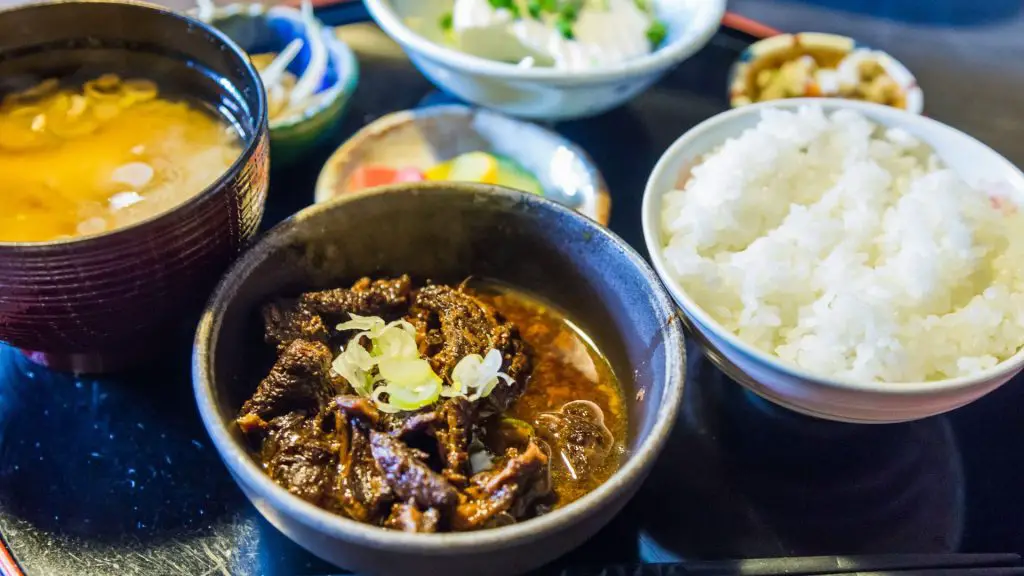
- Horse Meat Tartare: This is a raw meat dish that is typically made with ground horse meat mixed with ingredients such as mustard, capers, onions, and Worcestershire sauce. It is often served with a raw egg yolk on top and accompanied by bread or crackers.
- Slow-Cooked Horse Meat Stew: This is a hearty dish that is made by slow-cooking horse meat with vegetables such as carrots, potatoes, and onions. The meat becomes tender and flavorful after simmering for several hours, resulting in a rich and satisfying stew.
- Horse Meat Meatballs: Horse meat can be used as a substitute for beef in meatball recipes. The meatballs can be seasoned with a variety of herbs and spices and served with tomato sauce and pasta.
- Horse Meat Roast: A roast made with horse meat can be a flavorful and nutritious main dish. The meat can be marinated in a variety of herbs and spices and roasted in the oven until tender and juicy.
- Grilled Horse Meat Skewers: Thinly sliced horse meat can be threaded onto skewers and grilled over high heat for a quick and easy meal. The meat can be marinated in a spicy or sweet sauce to add extra flavor.
Serving Suggestion: Horse meat can be served with a variety of side dishes, such as roasted or steamed vegetables, rice or pasta, and a salad. It can also be served on a sandwich or as a filling for tacos or burritos.
Conclusion: Is Horse Meat Healthy?
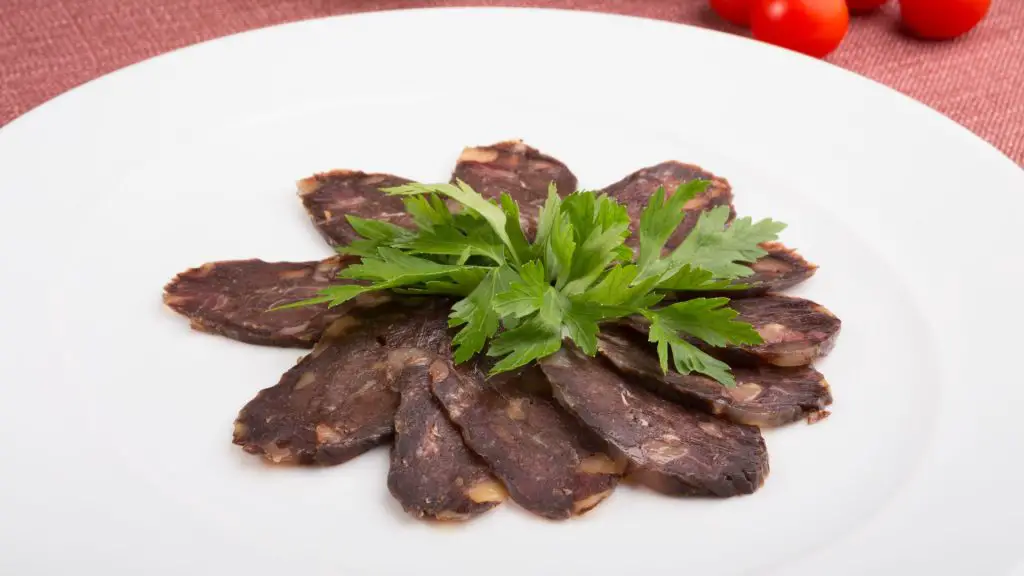
In conclusion, the question of whether horse meat is healthy can be answered with a resounding yes. Horse meat is a nutrient-rich protein source that provides many benefits to the human body. Its high protein content supports muscle growth and repair, while its iron content helps to prevent anemia and fatigue. Horse meat is also a good source of vitamins B12 and B6, which are important for nerve function and the production of red blood cells.
While there are some potential health concerns associated with consuming horse meat, such as the risk of contracting diseases or parasites, these risks can be mitigated by ensuring that the meat is properly cooked and sourced from a reputable supplier. It is important to follow appropriate food safety guidelines when preparing and handling horse meat, just as with any other type of meat.
In addition to its nutritional benefits, horse meat also offers a unique flavor profile that can be enjoyed in a variety of dishes. It can be cooked using a range of methods, from grilling and roasting to air frying and slow cooking, and can be seasoned with a variety of herbs and spices for added flavor.
While the consumption of horse meat may be controversial in some regions due to cultural and ethical concerns, it is important to acknowledge that different cultures have different attitudes toward this practice. It is also important to note that the production of horse meat can be more environmentally sustainable than that of other meats, such as beef or pork.
Overall, the decision to incorporate horse meat into one’s diet is a personal choice that should be made based on individual preferences and beliefs. However, for those who are open to trying new and unique protein sources, horse meat can offer a delicious and nutritious alternative to more traditional meats. It is important to approach the consumption of horse meat with an open mind and to ensure that it is sourced and prepared responsibly.
Sources:
